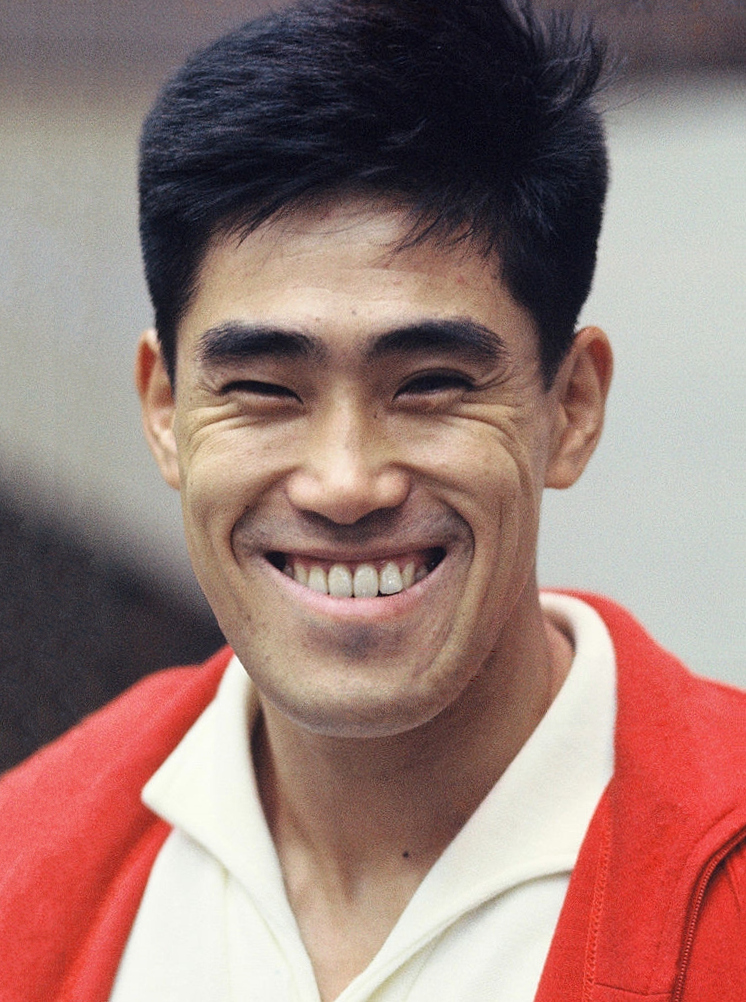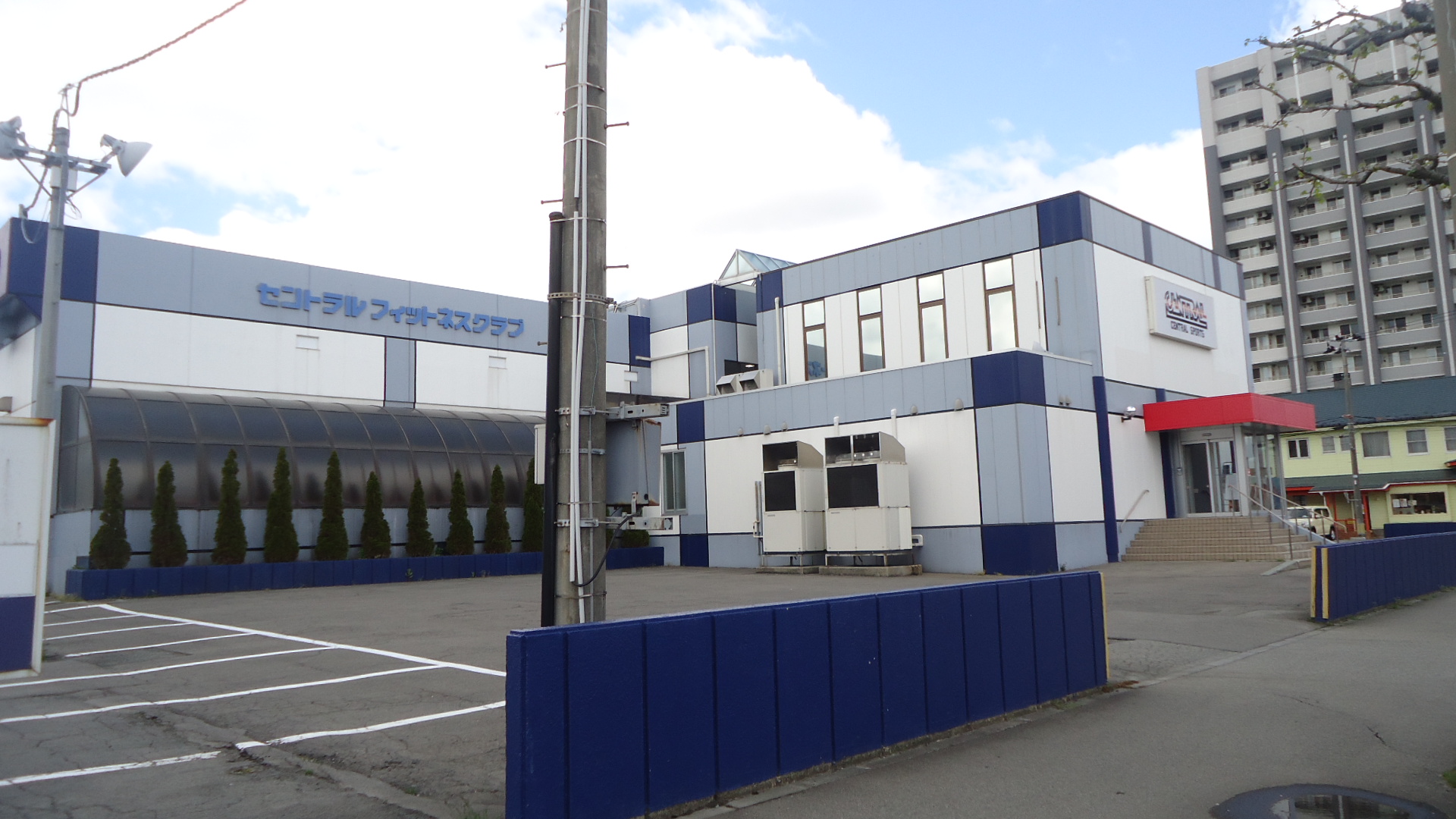1. Early Life
Yukio Endō's early life was marked by personal challenges and a burgeoning interest in gymnastics that would shape his future career.
1.1. Birth and Childhood
Endō was born on January 18, 1937, in Akita City, Akita Prefecture, Japan, specifically in Hiroomote Yanai Sado. His family were pharmacists. A significant event in his childhood was the death of his mother from tuberculosis when he was nine years old, while he was a student at Hiroomote Elementary School. Following his mother's death, from the winter of his first year at Kubota Junior High School, Endō was raised at the Kanonko orphanage (formerly Akita Kanonko), an institution known for its long history of private charitable activities in Japan.
1.2. Education
Endō attended Kubota Junior High School and Akita Technical High School. He later pursued higher education at the Tokyo University of Education, which is now known as the University of Tsukuba, graduating in 1959. His academic background in physical education would later complement his career in sports.
1.3. Early Career Development
Endō's journey into competitive gymnastics began in his second year of junior high school, when a teacher encouraged him to join the gymnastics club. He quickly excelled, achieving numerous podium finishes in city-level competitions. His early inspiration came from fellow Akita Prefecture native, Takashi Ono, a prominent gymnast who had already achieved international acclaim. Endō's dedication and talent led to his selection for the Japanese national gymnastics team while still a student at Tokyo University of Education, paving the way for his participation in numerous international competitions, including the Olympics and World Championships.
2. Gymnastics Career
Yukio Endō's competitive career as an artistic gymnast was highly decorated, marked by numerous gold medals and pioneering achievements for Japan on both national and international stages.
2.1. Olympic Achievements
Endō was a pivotal member of the Japanese gymnastics team that achieved unprecedented success at the Summer Olympics. He won team gold medals in three consecutive Olympic Games: the 1960 Summer Olympics in Rome, the 1964 Summer Olympics in Tokyo, and the 1968 Summer Olympics in Mexico City. The 1960 team gold was Japan's first in the men's team event.

At the 1964 Tokyo Olympics, Endō made history by becoming the first Japanese gymnast to win an individual all-around Olympic gold medal. In the final event of the individual all-around, the pommel horse, Endō held a significant lead, needing only a score of 9.00 to secure victory, which would be insurmountable even if the second-place gymnast, Boris Shakhlin of the Soviet Union (the individual all-around gold medalist at the Rome Olympics), scored a perfect 10.00 in his final routine. Despite the immense pressure of securing Japan's long-sought individual all-around gold, Endō made several near-falls and stops during his performance, causing a tense silence in the arena. After a lengthy deliberation, he was awarded a score of 9.10. Persistent protests from the Soviet team regarding the scoring were ultimately overruled, confirming Endō's historic gold medal for Japan. Takashi Ono, who had narrowly missed individual all-around gold in two previous Olympics, personally presented Endō with a trophy, which Endō cherished as an "eternal memento." Following this achievement, Endō was entrusted with the first-ever Athens Olympic gold medal by Germany, intended for the athlete with the highest performance. This medal was later donated to the Chichibunomiya Sports Museum but was subsequently stolen and has not been recovered.
In addition to his individual all-around gold at the 1964 Tokyo Olympics, Endō also secured an individual gold medal in the parallel bars and a silver medal in the floor exercise. At the 1968 Mexico City Olympics, besides the team gold, he also earned an individual silver medal in the vault. He had the honor of being the flag bearer for Japan at the 1968 Games.
2.2. World Championship Achievements
Endō also achieved significant success at the World Artistic Gymnastics Championships. At the 1962 World Artistic Gymnastics Championships held in Prague, Czechoslovakia, he was part of the Japanese team that won the gold medal in the team competition. Individually, he won a gold medal in the floor exercise, silver medals in the individual all-around, rings, and horizontal bar, and bronze medals in the vault and parallel bars, accumulating a total of six individual medals.

At the 1966 World Artistic Gymnastics Championships in Dortmund, Germany, Japan again secured the team gold medal. Endō individually earned two silver medals in the floor exercise and horizontal bar. He placed seventh in the individual all-around and fourth in the vault.
2.3. National Competitions and Titles
Domestically, Yukio Endō was a dominant force in Japanese gymnastics, becoming a four-time Japanese all-around champion. His national achievements include:
- 1960:** Won the All-Japan Championships event title in pommel horse.
- 1962:** Won the All-Japan Championships in individual all-around, floor exercise, rings, vault, and horizontal bar.
- 1963:** Won the NHK Trophy individual all-around and the All-Japan Championships in individual all-around, floor exercise, rings, and vault.
- 1964:** Won the NHK Trophy individual all-around and the All-Japan Championships in individual all-around, floor exercise, pommel horse, vault, parallel bars, and horizontal bar.
- 1965:** Won the NHK Trophy individual all-around and the All-Japan Championships in individual all-around, floor exercise, vault, and horizontal bar.
- 1966:** Won the NHK Trophy individual all-around.
3. Post-Competitive Career
After retiring from active competition, Yukio Endō dedicated his life to the advancement of gymnastics through coaching, sports administration, and academia.
3.1. Coaching and Sports Administration
Following the 1968 Olympics, Endō transitioned into coaching, serving as the team leader for the Japanese national gymnastics team at the 1972 Summer Olympics in Munich. He took on significant leadership roles within the Japan Gymnastic Association, serving as executive director, then vice-president (a position he held twice), and later as an advisor to the association. He also served as a director for the Japanese Olympic Committee. Furthermore, Endō was one of the co-founders of Central Sports, a major Japanese sports club chain.

3.2. Academic Career
Upon graduating from Tokyo University of Education, Endō joined Nihon University as an assistant instructor. He eventually became a professor in the Faculty of Humanities and Sciences at Nihon University, contributing to the fields of physical education and sports science through his academic work.
4. Awards and Honors
Yukio Endō received numerous accolades and recognitions throughout his distinguished career, acknowledging his contributions to sports in Japan and globally.
In 1996, he was awarded the Purple Ribbon Medal, a Japanese honor bestowed on individuals who have made outstanding achievements in the fields of arts, science, sports, and culture. In 1999, he was inducted into the International Gymnastics Hall of Fame, recognizing his status as one of the greatest gymnasts in history. In 2008, he received the Order of the Rising Sun, Gold Rays with Rosette, a high Japanese order awarded for distinguished achievements in international relations, promotion of Japanese culture, advancements in their field, development in welfare or preservation of the environment. As mentioned previously, he was also awarded the first-ever Athens Olympic gold medal, which was later donated to the Chichibunomiya Sports Museum but was unfortunately stolen.
5. Personal Life
Yukio Endō's personal life was closely intertwined with his professional dedication to gymnastics.
5.1. Family
Endō was married and had a son, Yukio Koichi. Following in his father's footsteps, Yukio Koichi also became a gymnast and currently serves as an executive director of the Japan Gymnastic Association, continuing the family's legacy in the sport.
6. Death
Yukio Endō died on March 25, 2009, at the age of 72. The cause of his death was esophageal cancer. Even in his final days, Endō continued to make donations to the Kanonko orphanage, where he had spent part of his childhood, demonstrating his lifelong commitment to philanthropy.
7. Evaluation and Impact
Yukio Endō's career is widely regarded as a cornerstone in the history of Japanese and international gymnastics, leaving a profound and lasting legacy.
7.1. Evaluation
Endō is celebrated as a key figure in the "Gymnastics Nippon" era, a period when Japanese men's artistic gymnastics achieved global dominance. His individual all-around gold medal at the 1964 Tokyo Olympics was a monumental achievement, fulfilling a long-held national aspiration and solidifying Japan's status as a gymnastics powerhouse. His consistent performance across multiple Olympic Games and World Championships, accumulating numerous team and individual medals, underscored his exceptional skill and dedication. Endō's career was characterized by high performance and sportsmanship, with no significant controversies associated with his professional or personal life. His transition from a top athlete to a respected coach, administrator, and academic further highlights his comprehensive contribution to the sport.
7.2. Impact on Posterity
Endō's achievements profoundly inspired a generation of Japanese gymnasts and athletes. His pioneering individual Olympic gold medal in the all-around set a new standard for excellence and demonstrated that Japanese gymnasts could compete and win at the highest individual levels. His leadership as a coach and administrator helped to nurture new talent and maintain Japan's strong position in the sport for decades. Through his academic work at Nihon University, he also contributed to the theoretical and scientific understanding of physical education and sports, influencing future generations of students and practitioners. His legacy continues to be honored through his induction into the International Gymnastics Hall of Fame and the various national awards he received, ensuring his place as one of the most influential figures in the history of artistic gymnastics.
8. External links
- [https://www.ighof.com/honorees/1999_Yukio_Endo.php Yukio Endo at the International Gymnastics Hall of Fame]
- [https://www.olympedia.org/athletes/8286 Yukio Endo at Olympedia]